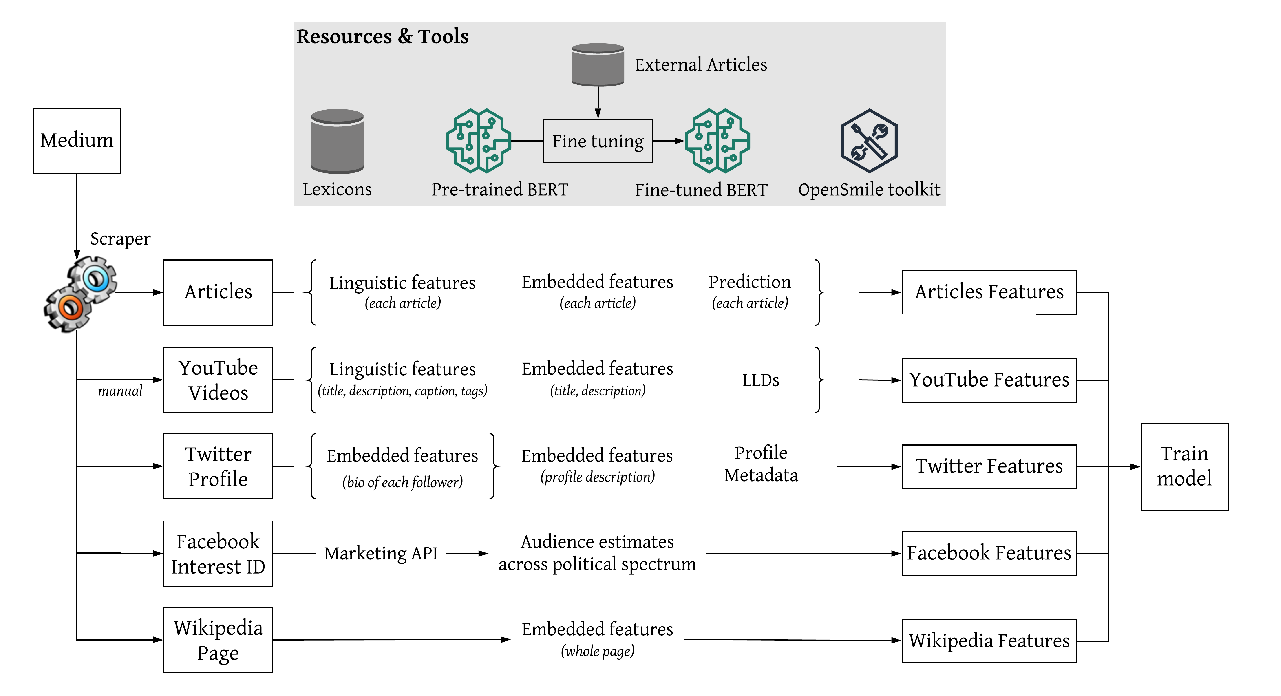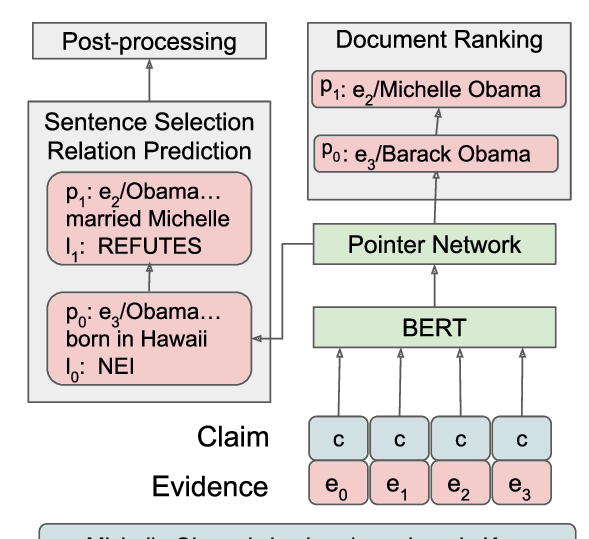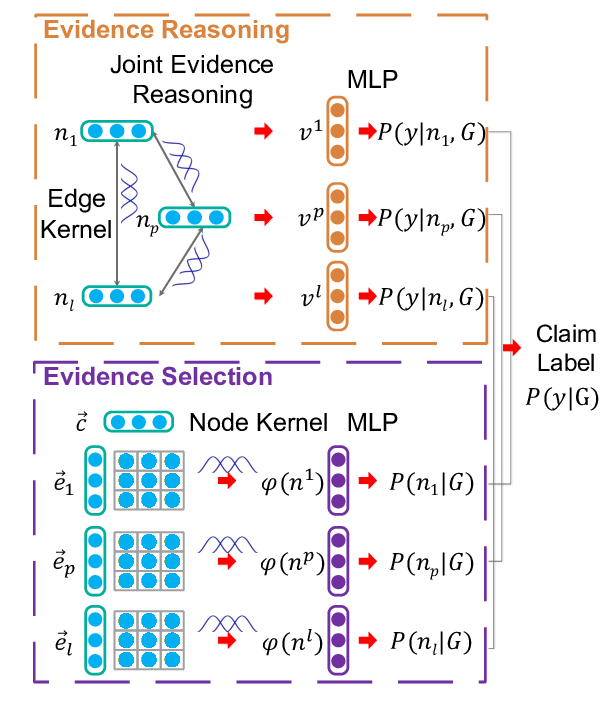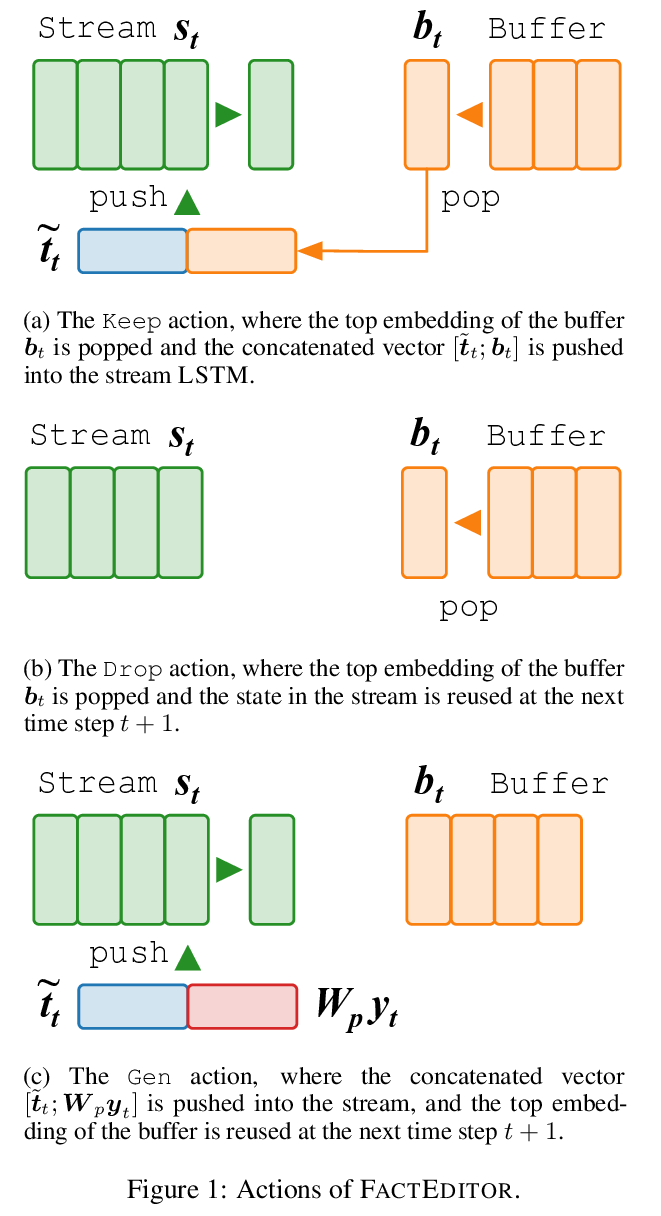That is a Known Lie: Detecting Previously Fact-Checked Claims
Shaden Shaar, Nikolay Babulkov, Giovanni Da San Martino, Preslav Nakov
Resources and Evaluation Long Paper
Session 6B: Jul 7
(06:00-07:00 GMT)

Session 8B: Jul 7
(13:00-14:00 GMT)

Abstract:
The recent proliferation of ''fake news'' has triggered a number of responses, most notably the emergence of several manual fact-checking initiatives. As a result and over time, a large number of fact-checked claims have been accumulated, which increases the likelihood that a new claim in social media or a new statement by a politician might have already been fact-checked by some trusted fact-checking organization, as viral claims often come back after a while in social media, and politicians like to repeat their favorite statements, true or false, over and over again. As manual fact-checking is very time-consuming (and fully automatic fact-checking has credibility issues), it is important to try to save this effort and to avoid wasting time on claims that have already been fact-checked. Interestingly, despite the importance of the task, it has been largely ignored by the research community so far. Here, we aim to bridge this gap. In particular, we formulate the task and we discuss how it relates to, but also differs from, previous work. We further create a specialized dataset, which we release to the research community. Finally, we present learning-to-rank experiments that demonstrate sizable improvements over state-of-the-art retrieval and textual similarity approaches.
You can open the
pre-recorded video
in a separate window.
NOTE: The SlidesLive video may display a random order of the authors.
The correct author list is shown at the top of this webpage.
Similar Papers
What Was Written vs. Who Read It: News Media Profiling Using Text Analysis and Social Media Context
Ramy Baly, Georgi Karadzhov, Jisun An, Haewoon Kwak, Yoan Dinkov, Ahmed Ali, James Glass, Preslav Nakov,

DeSePtion: Dual Sequence Prediction and Adversarial Examples for Improved Fact-Checking
Christopher Hidey, Tuhin Chakrabarty, Tariq Alhindi, Siddharth Varia, Kriste Krstovski, Mona Diab, Smaranda Muresan,

Fine-grained Fact Verification with Kernel Graph Attention Network
Zhenghao Liu, Chenyan Xiong, Maosong Sun, Zhiyuan Liu,

